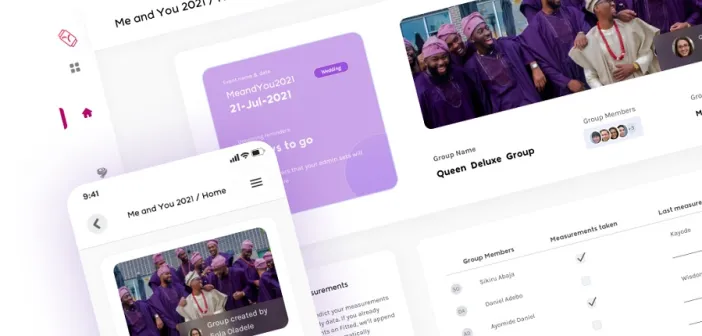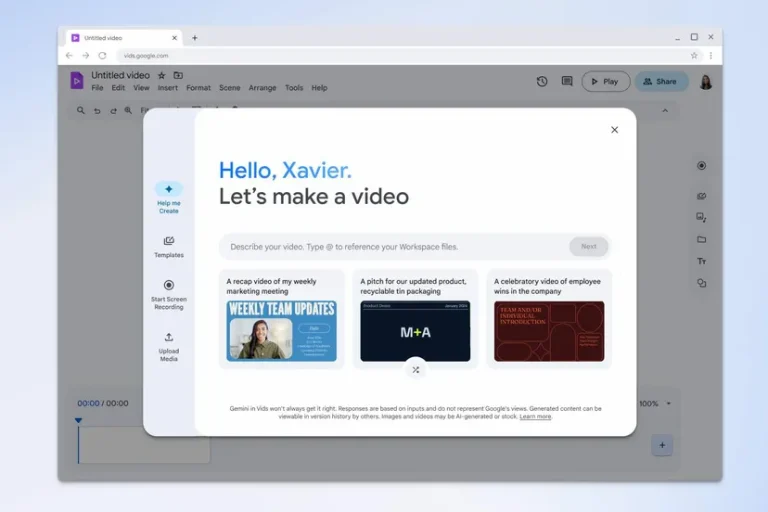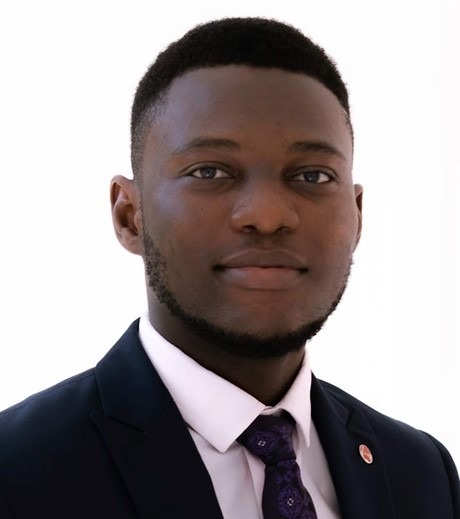Nigeria’s Fitted is using machine learning to make the tailoring industry more efficient

A digital platform created by Nigerian startup fitted leverages machine intelligence to decrease inefficiencies in the custom tailoring sector.
Ibi Cookey founded fitted in 2021 with the goal of giving merchants and tailors the resources they need to succeed in the exclusive world of fashion. This opens up a channel for any customer to obtain outstanding clothing of the highest caliber whenever they need it.
The business uses a proprietary AI tool to automatically generate and store customer data, reducing measuring time by about 90%. With the help of its cloud-based platform, tailors can process and follow orders, receive payments from all around the world, connect with suppliers, and communicate with consumers directly.
Cookey explained to Disrupt Africa that “basically, we equip fashion brands and tailors with everything they need to grow their businesses.”
The custom clothes industry is largely ineffective and unreliable despite serving nearly four billion people worldwide and making up the majority of their wardrobes. Because tailors lack the means to effectively manage orders and determine customers’ measurements, operational processes frequently involve a great deal of manual labor. Due to incorrect customer measurements, they waste hours manually reconciling orders and iterating on clothing.
Additionally, the formal banking institutions continue to mostly exclude shops and tailors. Since most transactions are informal and offline, brands lack the necessary information to scale their operations or apply for bank loans as well as visibility into how their business is performing. Customers are similarly impacted and encounter late deliveries and ill-fitting clothing.
Fashion for emerging countries wasn’t actually developed to serve the domestic markets or “minorities” particularly effectively, which accounts for a significant portion of this structural problem. Men and women of African, Asian, or South American heritage frequently discover that clothes doesn’t exactly fit their distinctive body forms; women in particular struggle with this, according to Cookey.
“The platform’s measurement aggregation for historically underrepresented populations worldwide is a lovely side benefit. We are developing actual standard sizing for under-represented groups in fashion because of their ethnicity as part of our work to digitize the custom apparel sector.
Fitted has funding from a number of other investors and was recently chosen to join in the Catalyst Jobtech Accelerator operated by Mercy Corps and BFA Global. Since the introduction, over 20,000 client measurements have been recorded, and thousands of outfits are manufactured each month, according to Cookey.
“We found a significant void in the African fashion industry. Given their lower MOQs and challenges controlling tailors and operations, fashion firms struggle to create items to standards, and customers struggle to acquire dependable quality products from these brands.
He added that the 13 nations included India, Pakistan, Ghana, Kenya, South Africa, the US, and the UK. “We currently have over tailors from 13 countries,” he said.
But at the moment, we are solely operating fulfillment operations in Nigeria. In the future, we have plans to reach more nations in Asia and Africa and to promote more fashion cross-border financial flows between developed and developing markets worldwide.
By taking a commission on every transaction that takes place on its platform, fitted generates revenue. According to Cookey, fitted has faced a number of challenges since its introduction, including adjusting to the harsh operating environment in Nigeria.
“Although we are a totally technological product, we also handle outfit creation through our network of approved tailors, which involves us in fulfillment logistics. Even while it has been challenging, this has provided us a special competitive advantage by giving us a thorough understanding of the peculiarities of fashion operations in Africa. This aids in the creation of better products,” he stated.
We were able to overcome these obstacles because to our teamwork, tenacity, and unwavering dedication to our aim to digitise and transform the African fashion sector.







